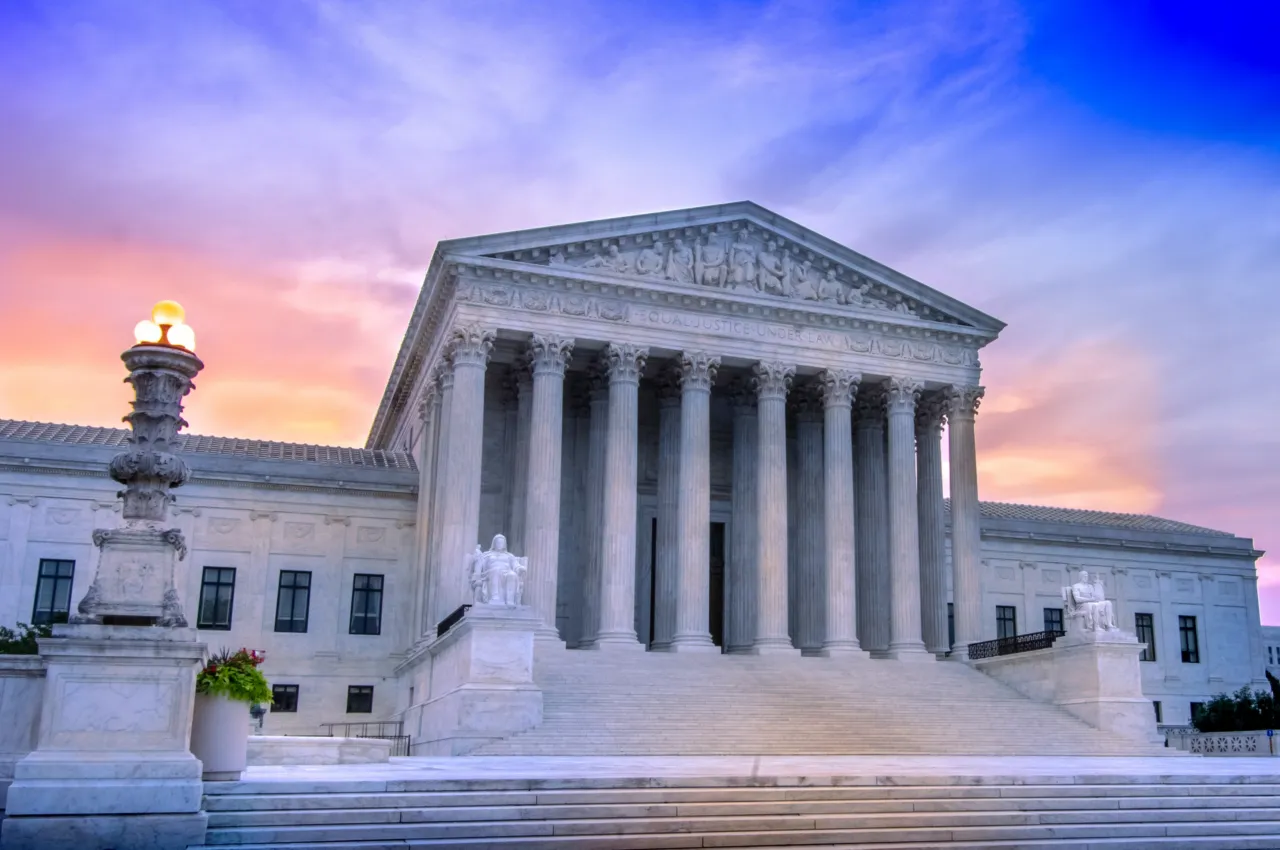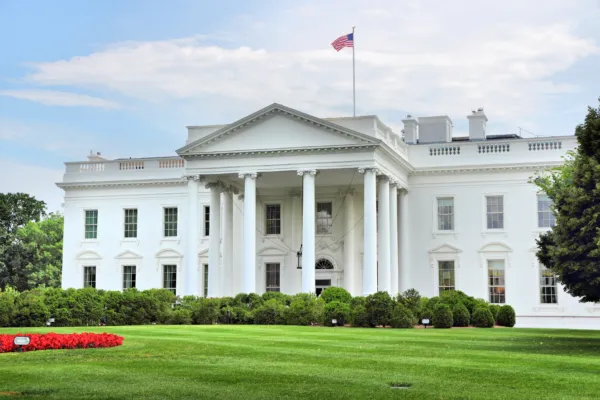
Supreme Court Denies Review of New York Broadband Rate Regulation—The Impact May Be Far Reaching

Supreme Court Denies Review of New York Broadband Rate Regulation—The Impact May Be Far Reaching
On Monday December 16, 2024, the Supreme Court announced that it denied review of the challenge to New York’s Affordable Broadband Act (S. Ct. No. 24-161). This case has been closely watched ever since the United States Second Court of Appeals upheld the law that requires Internet providers in New York to offer broadband service to low-income households for $15 or $20 per month (depending on the download speed offered to customers) with all taxes and fees included and allowing periodic price adjustments (2nd Circuit Court No. 21-1975, NY Section 399-ZZZZZ).
Qualification for the New York Affordable Broadband Program requires eligibility in any of the following programs:
- Free or reduced-priced lunch through the National School Lunch Program;
- Supplemental Nutrition Assistance Program;
- Medicaid
- Senior citizen rent increase exemption;
- Disability rent increase exemption; or
- Receiving an affordability benefit from a utility.
Providers with no more than 20,000 households are exempt from the provisions of 399-ZZZZZ provided the Public Service Commission determines that compliance with the law would “result in unreasonable or unsustainable financial impact on the broadband service provider.” The law does not specify how the New York Public Service Commission will evaluate the financial impact on smaller providers.
In a split 2 to 1 decision, the Second Circuit Court held that the New York law is acceptable because the Federal Communications Act of 1934, as amended, does “not wholly preempt states from regulating the rates charged for interstate communications services” because it did “not establish a framework of rate regulation that is sufficiently comprehensive to imply that Congress intended to exclude the states from entering the field.” Moreover, the New York law is “not conflict-preempted by the Federal Communications Commission’s 2018 order classifying broadband as an information service” (this second holding is related to the current Net Neutrality challenge in the Sixth Circuit Court of Appeals). The impact of this far-reaching decision allowing states to regulate interstate services will be met with attempts to amend the Federal Communications Act.
We expect other states to now follow Second Circuit Court order and enter the field of interstate rate regulation. The Second Circuit decision states that “Congress intended for the states to retain their regulatory authority over many interstate communications services—and to play a role in regulating the rates charged for such services—unless it said otherwise.” While the precise contours of how this decision will affect your broadband operations is currently unknown, this decision puts into play another type of regulation for broadband Internet providers they will need to navigate around.
If you have questions about this decision, please contact Douglas Meredith at JSI for further discussion.










